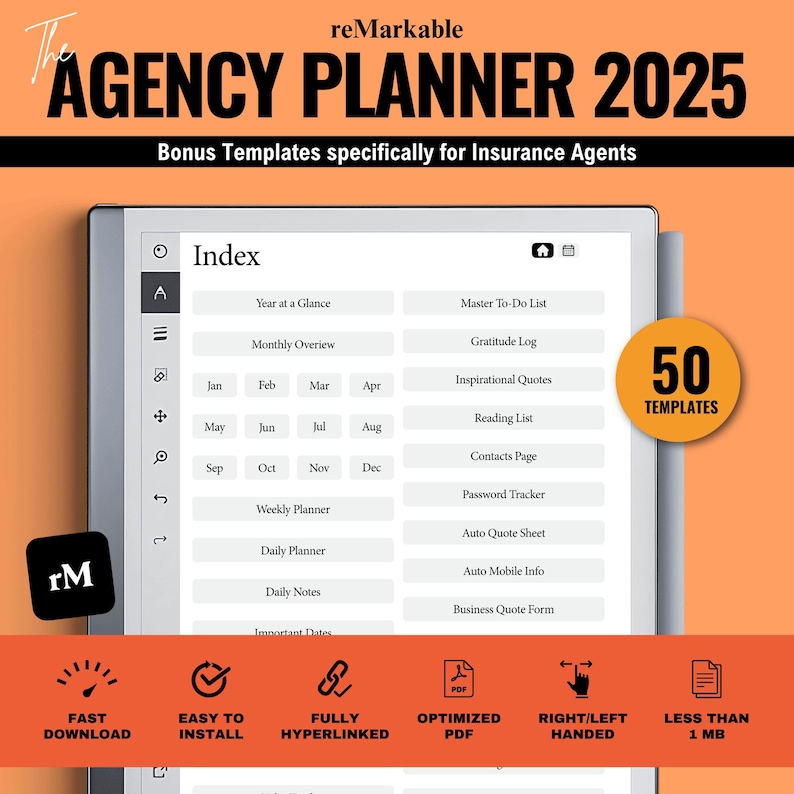Starting a trucking business is an exciting venture filled with promise and opportunity. However, navigating the complex world of insurance can be a daunting challenge for new trucking startups. Adequate insurance coverage is not just a legal requirement—it’s a critical safeguard that protects your investment, your drivers, and your future. In this article, we’ll explore essential insurance tips that every trucking startup needs to know to stay compliant, manage risks effectively, and build a strong foundation for long-term success. Whether you’re just getting on the road or planning your first fleet, understanding these insurance essentials can make all the difference.
Table of Contents
- Understanding the Core Insurance Needs for New Trucking Businesses
- Evaluating Risk Factors Unique to Trucking Startups
- Choosing the Right Coverage to Protect Your Assets and Drivers
- Navigating Policy Costs and Maximizing Your Insurance Investment
- Key Takeaways
Understanding the Core Insurance Needs for New Trucking Businesses
When launching a trucking business, securing the right insurance is not just a regulatory obligation but a strategic safeguard against unpredictable financial setbacks. Establishing a comprehensive policy framework begins with understanding the specific risks your operations face. Key coverage types to prioritize include primary liability insurance to protect against damages or injuries caused by your trucks, and cargo insurance to shield valuable consignments from loss or damage during transit.
Beyond these essentials, startups must consider additional protections tailored to their unique needs. This includes:
- Physical damage coverage, covering repair or replacement costs for your vehicles after accidents or incidents like theft and vandalism.
- Non-trucking liability insurance to account for periods when vehicles are used for personal activities.
- Workers’ compensation, mandatory in most states, protecting employees in case of work-related injuries.
By custom-tailoring insurance portfolios and embracing these core components, new trucking ventures build resilience and instill confidence in clients, partners, and regulatory bodies alike.
Evaluating Risk Factors Unique to Trucking Startups
When launching a trucking startup, understanding the specific hazards your business faces is crucial in crafting an effective insurance strategy. Unlike established trucking firms, startups commonly deal with challenges such as limited operational history, unproven safety records, and fluctuating cargo types, all of which can influence your risk profile. Lenders and insurers will scrutinize your business plans, driver qualifications, and maintenance protocols more intensively, often driving up premiums. Recognizing these elements early helps tailor your coverage to protect not only assets but also your company’s credibility and growth potential.
Additionally, trucking startups must consider risks like variable route conditions, inconsistent load weights, and potential regulatory compliance gaps. Some factors unique to new entrants include:
- Driver Experience Variability: Startups often hire less-experienced drivers, increasing risk exposure.
- Equipment Reliability: Brand-new or leased trucks can have warranty considerations impacting insurance.
- Market Volatility: Fluctuating freight demands may lead to unforeseen operational disruptions.
Accounting for these nuances ensures you secure insurance products that not only cover basic liabilities but also guard against the unpredictable nature of a burgeoning trucking business.
Choosing the Right Coverage to Protect Your Assets and Drivers
When it comes to safeguarding your trucking business, selecting the appropriate insurance coverage is paramount. It’s not just about meeting legal requirements—the right policy shields your investments, your drivers, and your reputation on the road. Startups must evaluate risks specific to their operations, such as cargo type, mileage, and routes, to tailor coverage effectively. Common coverages like Primary Liability, Physical Damage, Cargo Insurance, and Motor Truck Cargo should be understood thoroughly, as overlooking any can lead to costly gaps in protection.
To make informed decisions, consider these critical factors:
- Driver Coverage: Ensure policies include protections for your drivers, including medical payments and loss of income.
- Asset Protection: Insure your trucks and trailers not just for collision but also for theft, vandalism, and natural disasters.
- Legal Compliance: Stay ahead by matching coverage limits with federal and state regulations specific to trucking startups.
Selecting insurance is an ongoing process; regular reviews and adjustments help align your coverage with the evolving needs of your fleet and business goals.
Navigating Policy Costs and Maximizing Your Insurance Investment
When it comes to managing the costs of insurance policies, trucking startups must exercise strategic foresight. Premiums can vary widely based on factors like fleet size, driver experience, and cargo type, so it’s crucial to understand what drives your costs. Invest time in comparing quotes and coverage options—not just on price but on value and protection levels. Consider bundling different types of insurance where possible, such as combining liability and cargo coverage, to unlock potential discounts. Additionally, maintaining a robust safety record and implementing driver training programs can significantly reduce premiums over time, making your investment more sustainable.
Maximizing the return on your insurance investment also means staying proactive throughout the policy term. Routinely review your coverage to ensure it matches your evolving business needs—don’t let unnecessary or outdated policies drain your resources. Use these key tactics to optimize your insurance portfolio:
- Leverage technology: Utilize telematics and GPS tracking to monitor your fleet and improve risk assessment.
- Negotiate with insurers: Build relationships with brokers who understand trucking startups and can advocate for better terms.
- Document incidents thoroughly: Prompt and accurate claims reporting can prevent costly disputes and delays.
- Stay compliant: Adhere to all regulatory requirements to avoid penalties that might increase your insurance costs.
By actively managing costs and coverage details, your trucking startup can secure the protection it needs while safeguarding its financial health—turning insurance from a mere expense into a strategic asset.
Key Takeaways
Starting a trucking business is no small feat, and securing the right insurance coverage is a critical step in protecting your investment and ensuring long-term success. By understanding the essential insurance tips outlined here— from selecting the proper policies to working with knowledgeable agents—trucking startups can safeguard their operations against unforeseen risks and costly liabilities. Remember, the road to building a thriving trucking company is full of challenges, but with the right insurance foundation, you’ll be better prepared to navigate those miles ahead with confidence and peace of mind. Stay informed, stay protected, and keep your business moving forward.






